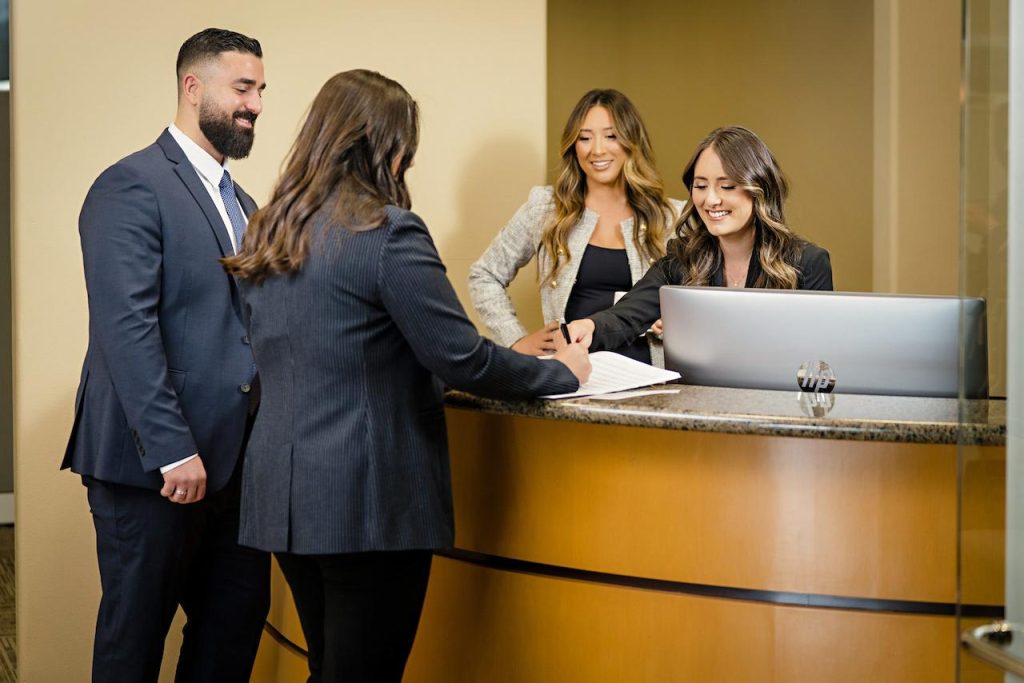Property Owner Responsibilities
Property owners are responsible for keeping their property safe so visitors do not injure themselves. When an individual slips and falls because of the owner’s negligence in maintaining the property, this is known as a slip and fall accident. Examples of slip and fall accidents include a guest tripping on ripped carpet, slipping on a puddle of water, or falling down stairs because there is no handrail. As long as the property owner knew about the hazardous conditions but failed to do anything about it, he can be held liable. In fact, owners can even be held liable if they should have known about the hazardous conditions, but didn’t.
Each state has its own set of slip and fall laws, however these laws do not cover accidents that occur on federal government property. Although there are many variations of the law, in general, the legal definition of a slip and fall states an owner is liable when his negligence causes an accident that was “reasonably foreseeable.” This term means under the circumstances, a reasonable person would have been able to predict an accident could occur because of the unsafe conditions.

Proving Your Slip and Fall Claim
In some cases, the property owner is not held liable for injuries that occur on his premises. For example, if the victim was acting carelessly or negligently at the time of the accident, the property owner will not be held liable for the injuries. Property owners are not liable when a victim should have known to avoid a dangerous condition on the property.
Get the Legal Help You Need
Slip and fall injuries can be serious—and expensive. If you have been injured after falling on someone else’s property, speak with a personal injury attorney as soon as possible to discuss your legal options. Our team of attorneys can assess your case to determine who is liable and what damages you should receive. Contact Shegerian Conniff today to schedule a free legal consultation.
- Cancer Discrimination
- Sexual Harassment
- Pregnancy Discrimination
- Disability Discrimination
- Breastfeeding Violations
- Gender Discrimination
- Sexual Orientation Discrimination
- Age Discrimination
- Worker’s Compensation
- Wrongful Termination
- Whistle Blower
- Racial Discrimination
- Hostile Workplace
- Religious Discrimination
- Rest & Meal Breaks
- Wage & Overtime
- Retaliation
- Severance Agreements and Severance Pay
